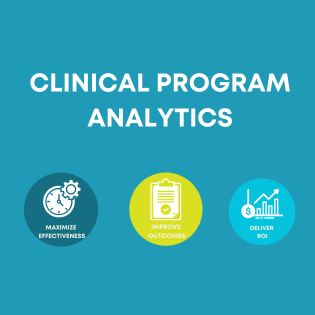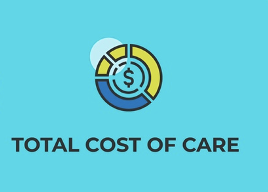Unstructured Data: Best Practices in Hospitals
Diagnostic errors have hit the very top of the ECRI Institute’s Top Patient Safety Concerns for 2018. These errors are difficult to track or measure because they often are not detected until after the patient is discharged. Often caused by incomplete or uncoordinated medical records, diagnostic errors can result in significant harm to the patient through missed, delayed or incorrect diagnosis. Providers will need to improve their interoperability capabilities and develop an unstructured data management strategy. Fortunately, regarding the flow of structured data, CMS announced interoperability as a top priority stating that “It’s not acceptable to limit patient records or to prevent them and their doctor from seeing their complete history outside a particular healthcare system.”
But the value that unstructured data can bring is often overlooked. Though unstructured data is more difficult to collect and exchange, blending it with the patient’s discrete datasets creates a more expansive view of the patient which is crucial considering the most common amount of physician facetime with a patient is 13-16 minutes.
Unstructured Data In Healthcare
Unstructured data cannot be easily organized or analyzed but with proper governance structures, providers can provide a physician with a comprehensive patient view in a timely fashion and limit the amount of diagnosis errors. Your data analytics strategy should incorporate unstructured data, otherwise your ability to provide quality patient care is avoidably limited by the data you collect.
If you have any interest in developing an unstructured data management strategy but don’t know where to begin or you just have a question, feel free to reach out to us here. We would love to help you on your journey toward better patient care.





